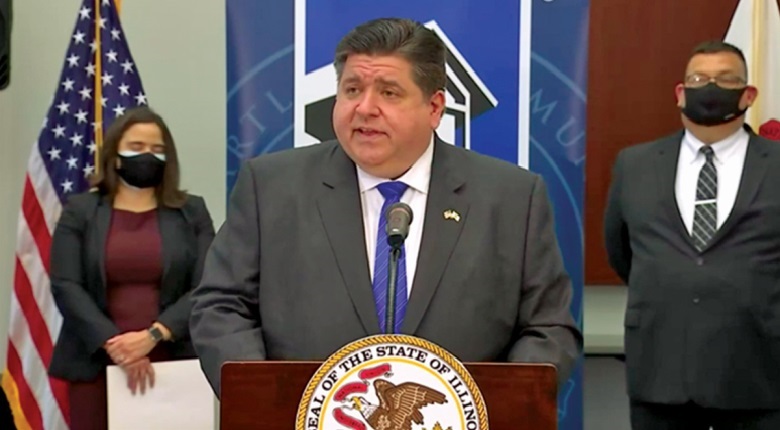- November 9, 2021
- No Comment
- 219
Governor J.B. Pritzker signed a Law imposing Penalties for those who reject Vaccine Mandates

Democratic Illinois Governor J.B. Pritzker renewed a preexisting state law from the 1970s to allow penalties for workers who don’t abide by COVID-19-related mandates on vaccines, masks, and testing. He said, “Masks, vaccines, and testing requirements are life-saving measures that keep our workplaces and communities safe. Keeping workplaces safe is a high priority, and I applaud the General Assembly for ensuring that the Health Care Right of Conscience Act is no longer wrongly used against institutions who are putting safety and science first”. Point to be noted that the Health Care Right of Conscience Act was enacted in 1978. It was actually designed to allow medical professionals to reject receiving or participating in health care services contrary to their personal beliefs, including religious or moral objections to specific services, such as abortion.
Democratic Attorney General Kwame Raoul had asked Pritzker to clarify that the legislation doesn’t do anything to restrict workplaces’ measures designed to prevent the spread of deadly, communicable diseases like COVID-19. The Governor signed SB 1169 into law and said, “The amendment will ensure the long tradition of vaccine requirements by employers can continue with regard to the COVID-19 vaccine”. The changes came after many lawsuits filed by workers cited the law’s conscience-based exemption. They argued that their employers couldn’t force them to get a vaccine for COVID-19. However, the amendment doesn’t take effect until 1st June 2022. The state constitution required more votes in the floor action than garnered, in spite of Democrats wanting it to take effect immediately. Some Republicans argue this leaves time for additional lawsuits, but another vote after 1st January 2022, could allow the amendment to take effect sooner.
Democrats, including state House Speaker Emanuel “Chris” Welch and state Rep. Robyn Gabel have stressed that the law doesn’t take away anyone’s rights to claim exemptions based on sincerely held religious beliefs or other medical reasons, which are protected by federal law. But some experts have said such exemptions will not be readily available under 3 federal statutes cited by Pritzker’s office. Welch and Gabel argued that a small minority of people had been skirting COVID-19 requirements by distorting the meaning of the law and putting vulnerable members of society and workers in high-risk environments, such as hospitals, veterans’ homes, and schools in danger. Moreover, the lawsuits in New York and Maine are fighting workplace vaccine mandates based on the US Constitution’s Free Exercise of Religion clause. The suits could advance to the Supreme Court.








